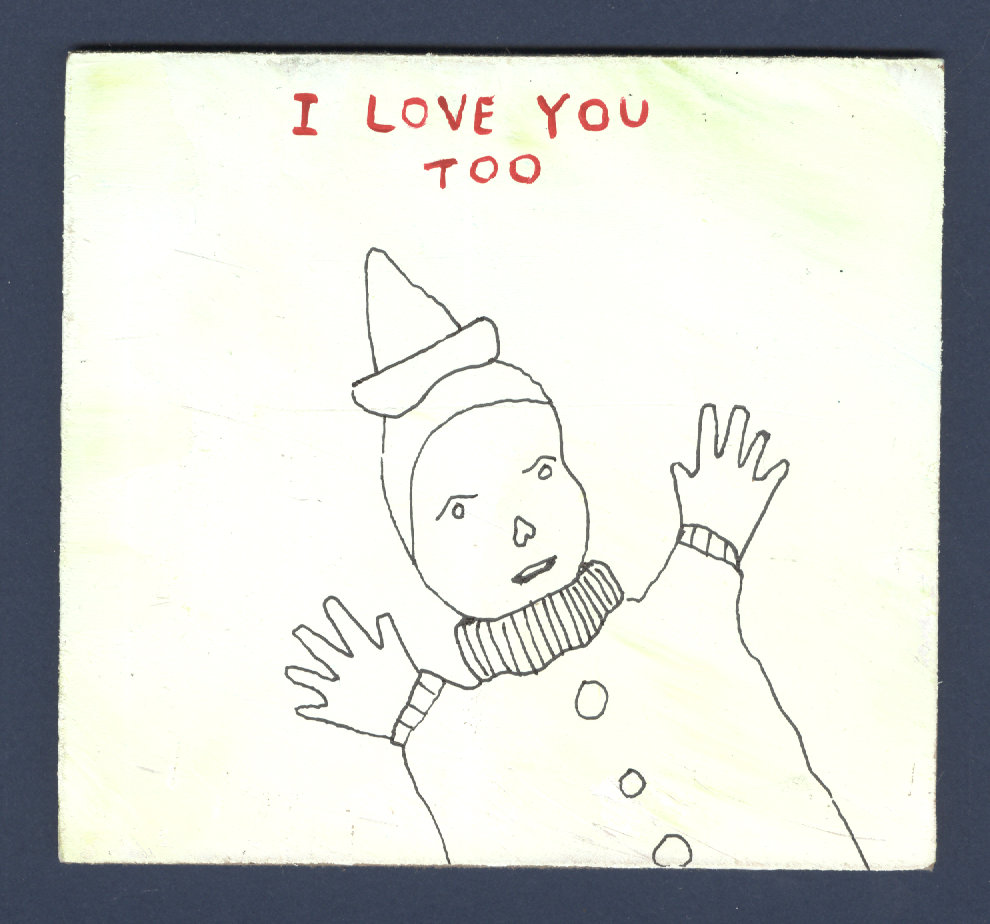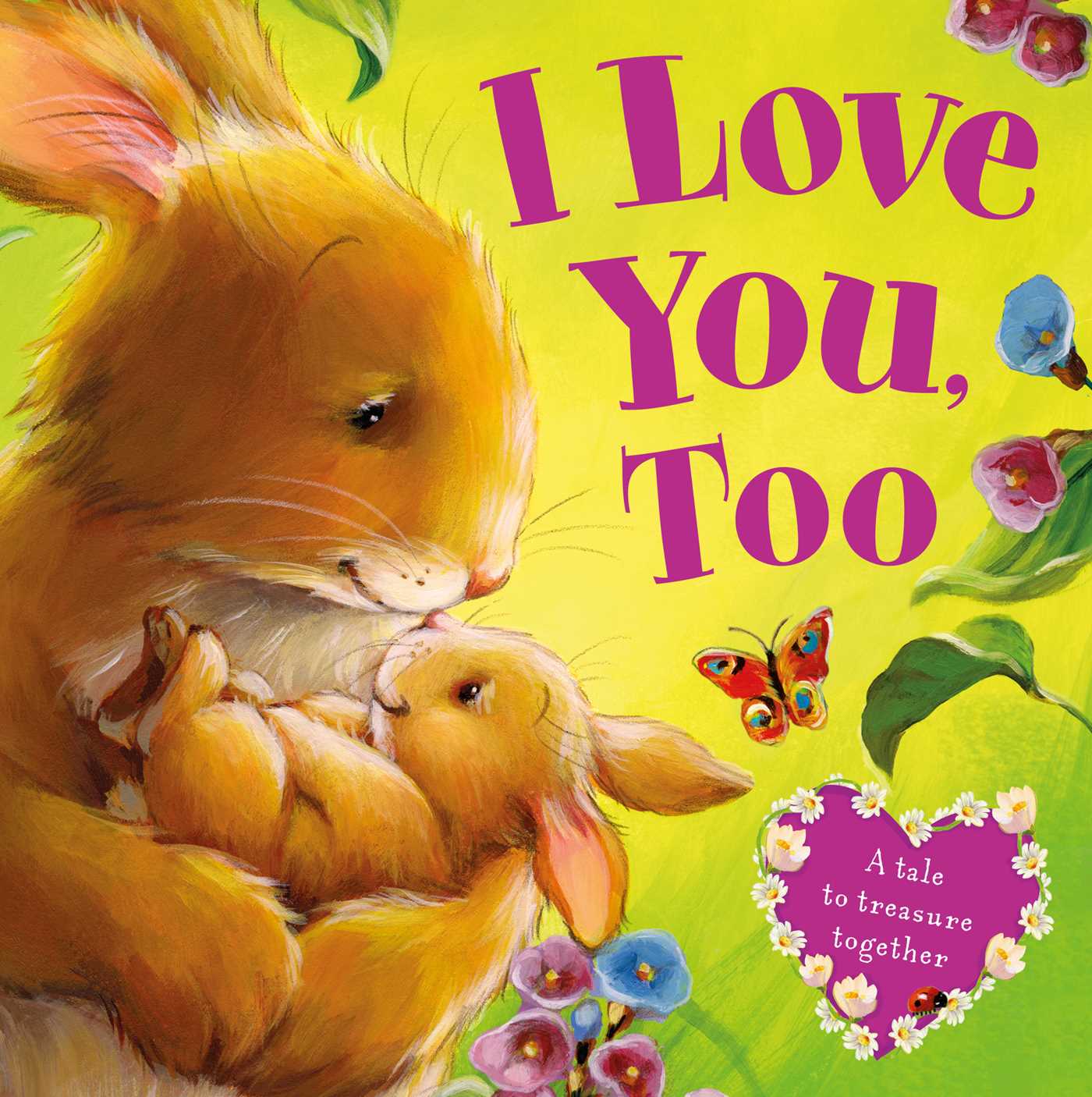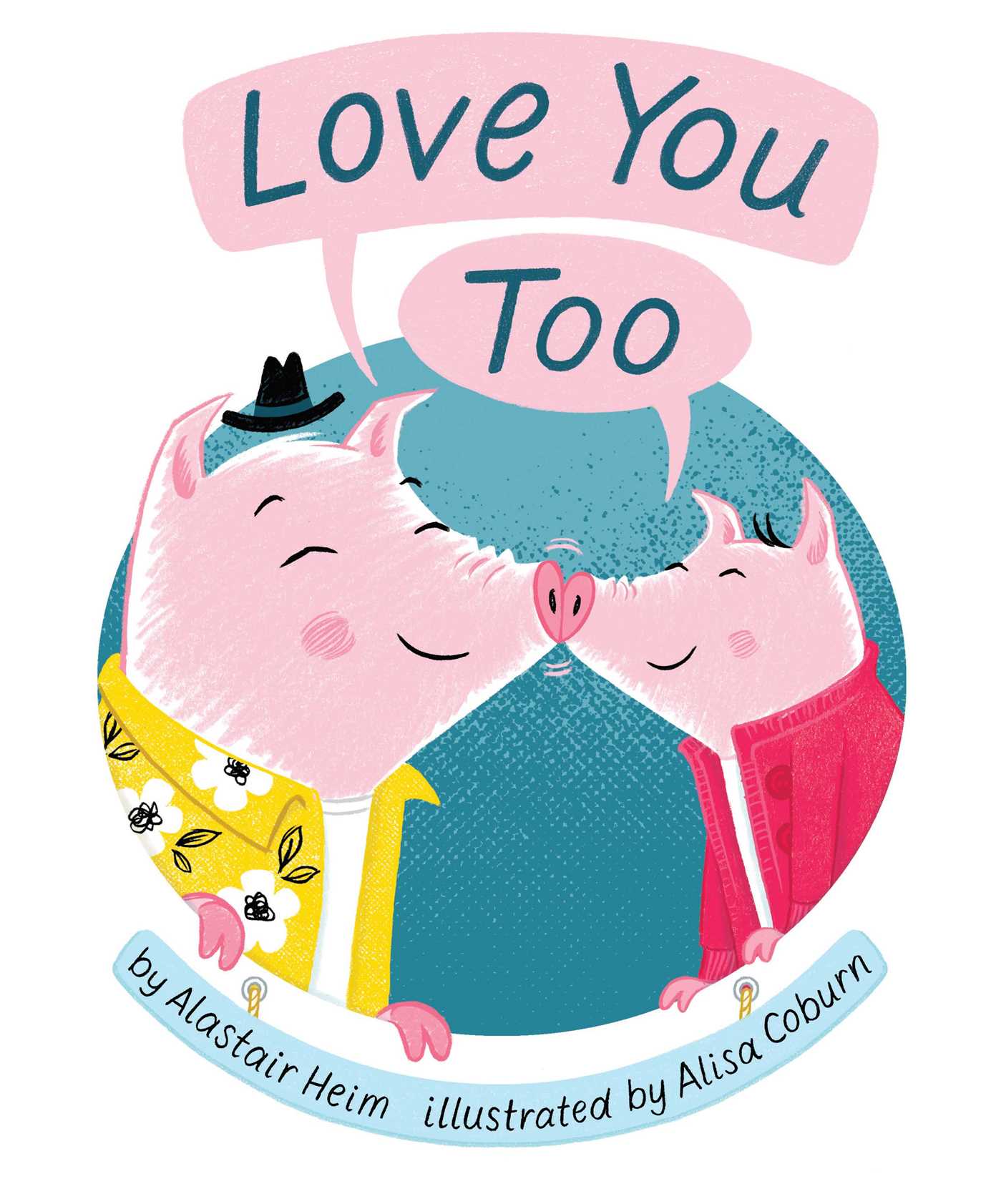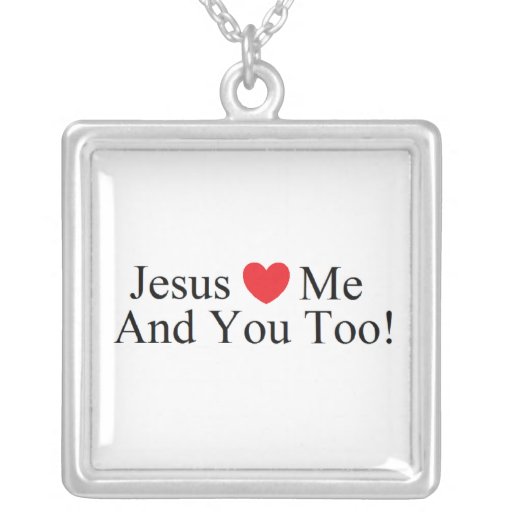
Thanks, to you too Poster Anele Keep CalmoMatic
Para One presents You Too (2014 Club Mix). Grab your copy on iTunes HERE : http://smarturl.it/YouTooParaOneSubscribe to Spinnin' TV HERE : http://bit.ly/SPIN.

personal message I love you too
How to use "too" correctly. "Too" is most commonly used to express excess, but you can also use it to emphasize a point or confirm the accuracy of a statement. For example, "That was too good.". To sound natural in conversations, compare "too" with words like "also" or "as well" and choose the one that is most.

How to Use 'Too' and 'Enough' in English ESL Buzz
The difference between "to" and "too" in English can be tricky to understand. This simple guide will teach you how to tell these two words apart, how to say them in casual speech and how to correctly use them in sentences—with lots of different examples. Be sure to try the practice quiz at the end!

I Love You, Too Book by IglooBooks Official Publisher Page Simon & Schuster
Method 1 Using Too and To Correctly Download Article 1 Focus on "too" first. "Too" is used less frequently than "to," so if you know what "too" means, then you can use it just for those specific meanings. You can feel confident that when "too" is not appropriate, "to" is the right choice. [1]

Thank you ) Same to you too
December 14, 2023 Grammar confusion can lead to common English mistakes and impact the clarity of your written communication. One widespread error involves the usage of homophones like "to" and "too." These similar-sounding words fulfill distinct grammatical roles and should not be interchanged.

You Too? by Gurtler Blog Tour + Giveaway BookishRealm
The words "to," "too," and "two" are homophones: they sound alike but have different meanings. The preposition "to" refers to a place, direction, or position. The particle "to" is used before the verb in a to-infinitive. The adverb "too" means also, very, extremely, or additionally. "Two" refers to the number 2.

I Love You Too KEEP CALM AND CARRY ON Image Generator
Too is an adverb that can mean "excessively" or "also." Just to be clear: Two is also pronounced the same as to and too, but because it refers to a number, it's not as easy to confuse for one of the other words. In the hierarchy of things that drive grammar sticklers mad, to and too are near the top.

Using SO and TOO in English English Learn Site
In English writing, to is a preposition that expresses motion in the direction of . Too is an adverb meaning to a higher degree than is desirable, possible, or permissible. It also has another meaning in excess, in addition, or also. Two is a number that comes after one.

You Too Stephen Michael King
"See you tomorrow!" "You, too!" [=See you tomorrow, too!] When you, too is followed by a question mark, however, it is used to ask the listener if they have had the same experience as the speaker: "When I picked up the phone, the caller just hung up on me!" "That happened to me last night!" "Really? You, too?" [=That also happened to you?]

What's Answer of "Nice to Meet You"? Should We Say “You too” or “Me too”? YouTube
I tend to think it is, as "too" serves the role of a referential phrase, repeating the verb-phrase of a preceding sentence, and "you" acts simply as a subject pronoun. But, I've heard an argument to the contrary. punctuation commas writing sentence-ends Share Improve this question Follow edited Aug 3, 2019 at 16:44 tchrist ♦ 134k 49 370 588

Love You Too Book by Alastair Heim, Alisa Coburn Official Publisher Page Simon & Schuster
The phrase "you too" can also be used interchangeably in this context. For example, if someone expresses condolences for a difficult situation, simply saying "you as well" may be perceived as insincere or inappropriate. In such cases, it may be better to offer a more heartfelt response that acknowledges the difficult situation and.

Intelliblog MOVIE MONDAY I LOVE YOU TOO
Updated on January 14, 2021 Grammar You've likely read sentences in which there was a comma before and/or after the adverb too when it is used to mean "besides" or "also," but is this correct usage?

Tomatoes MAKE ME SMILE (and you too) Heerlijk seizoensfruit voor de gezonde geest
Too means "also" ( I'm going, too) or "to an excessive degree" ( too much ). Two is the number 2. The words are used in very different ways: to is most commonly used as a preposition, while too is an adverb. Two is a number that can be used as a noun ( I have two) or an adjective ( two wheels ). How much do you know about homophones?

You Too YouTube
word choice - "And to you" or "you too"? - English Language & Usage Stack Exchange Asked 12 years ago Modified 6 years, 3 months ago Viewed 109k times This question shows research effort; it is useful and clear 5 This question does not show any research effort; it is unclear or not useful Save this question. Show activity on this post.

To vs. Too When to Use To or Too with Useful Examples • 7ESL
4 Answers Sorted by: 2 As a native English speaker, in the U.S., I'd offer "and you, as well" instead of "and you." "And you," by itself, is almost never spoken by a native English speaker (in the U.S.), but appears quite often in spanish: 'y tu', or 'y usted." The most common response would be, "You too!", or "Thanks, you too!" I hope this helps!

Jesus Loves Me and You Too! Necklace Zazzle
#1 I sometimes hear people say 'you too', and other times, 'me too'. So how can we distinguish the use of these 2 phrases? For example: I love your new hair. You too. or Nice to meet you. You too. but Glad to see you. Me too. Please correct me if I'm wrong in these cases and please give me an explanation. Thanks all. suzi br Senior Member Cheshire